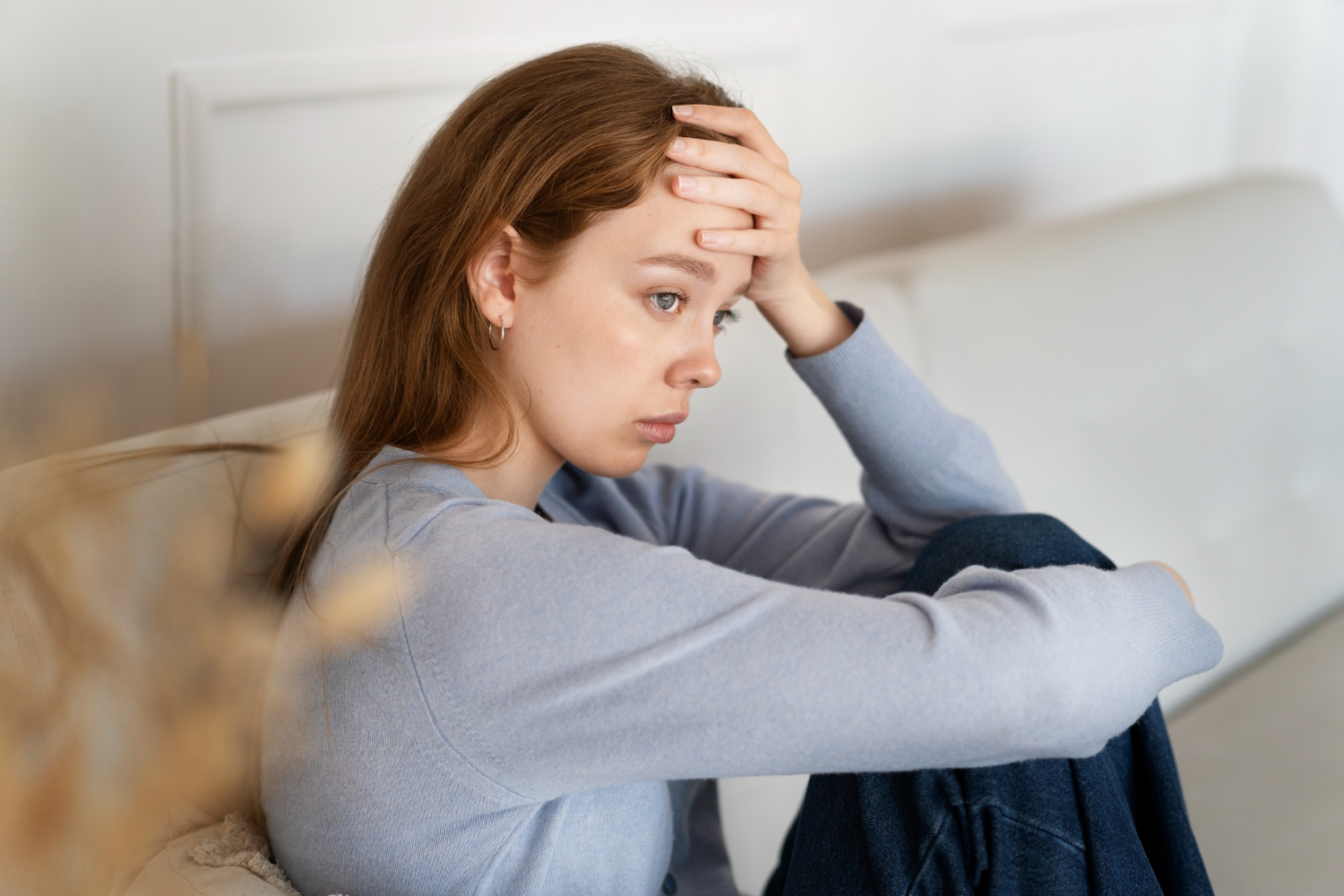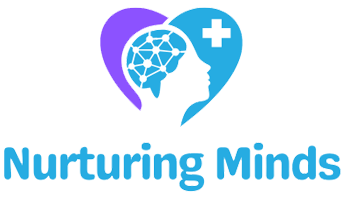
Anxiety
Occasional stress is not a bad thing, providing motivation and boosting your performance can help, but extreme or continual anxiety can severely affect your health. If anxiety starts controlling your life, visit Nonyerem Rosemary Eneje, DNP, FNP-BC, PMHNP-BC. She provides comprehensive anxiety disorder treatments and help with phobias and obsessive-compulsive disorder (OCD). Call Nurturing Minds or request a consultation by completing the online booking form today for effective anxiety treatment.
ADHD Q&A
What is anxiety?
Feeling anxious before a significant event like an interview or worrying about a health problem isn’t unusual. In fact, the hormones your body releases when you feel stressed can sharpen your mind and reactions so you perform better. However, your anxiety shouldn’t be constant and/or overwhelming.
Anxiety disorders develop when everyday stress, worry, and fear gets out of hand. If you have generalized anxiety disorder (GAD), you find everything stressful and struggle with decisions because you fear making the wrong choice.
Phobias are irrational fears of a specific thing or situation, such as spiders, heights, or confined spaces. Thinking about the object of your phobia causes intense distress; facing it can cause terror and panic. Some people suffer from social anxiety disorder, where their phobia centers on being with others.
Other mental health conditions can also cause anxiety. Post-traumatic stress disorder (PTSD), which develops after a significant trauma, is one. Another is obsessive-compulsive disorder (OCD), where you get recurring unwanted ideas and thoughts (obsessions) that you attempt to control with specific rituals like counting and checking (compulsions).
What symptoms might I experience with an anxiety disorder?
Common anxiety disorder symptoms include:
- Nervousness
- Muscle tension
- Restlessness
- Irritability
- Difficulty concentrating
- Chronic fatigue
- Disrupted sleep
- Palpitations (rapid, pounding heart)
- Fast, shallow breathing
- Excessive sweating
- Uncontrollable shaking
- Panic attacks
Panic attacks can cause breathlessness, feeling that you’re choking, and chest pain, in addition to the symptoms above. They occur when anxiety symptoms peak or you experience sudden overwhelming fear that makes you temporarily lose control. You may be unable to speak or move or find you can’t stop crying and screaming.
Panic attacks are so frightening and distressing that people who experience them often isolate themselves where they feel safest to reduce the risk of more attacks. If you have OCD, you may have a panic attack if you can’t complete a ritual you depend on.
What treatments can help with anxiety disorders?
The Nurturing Minds team offers personalized anxiety treatments tailored to your condition and its severity. Options include:
- Solution-focused brief therapy
- Cognitive-behavioral therapy (CBT)
- Anti-anxiety medication
- Lifestyle changes
